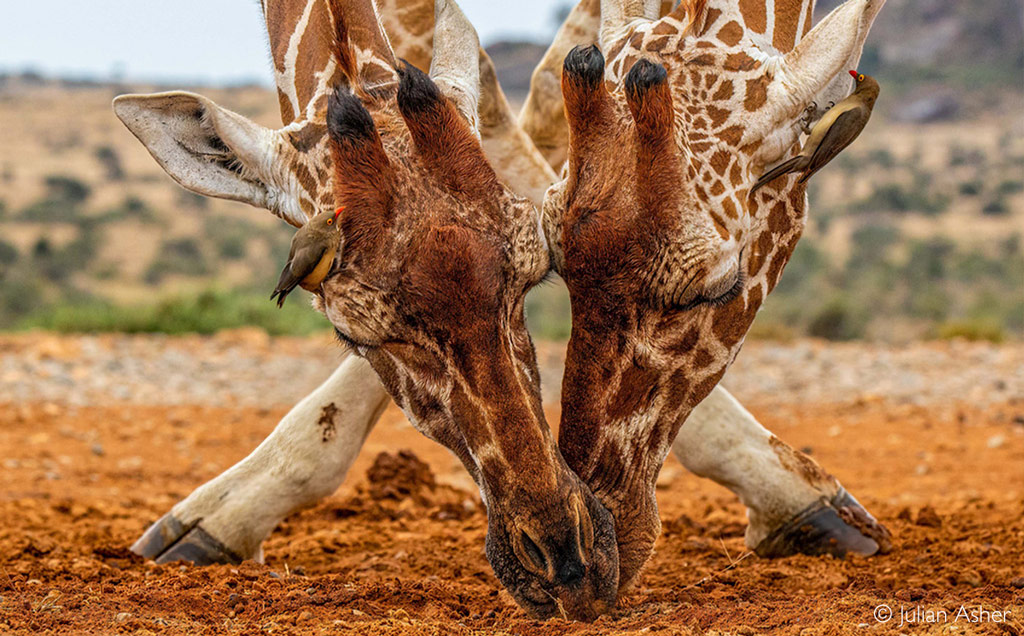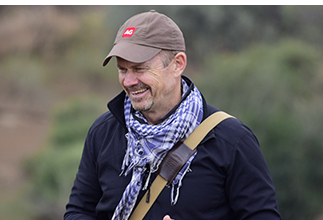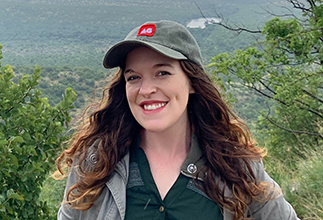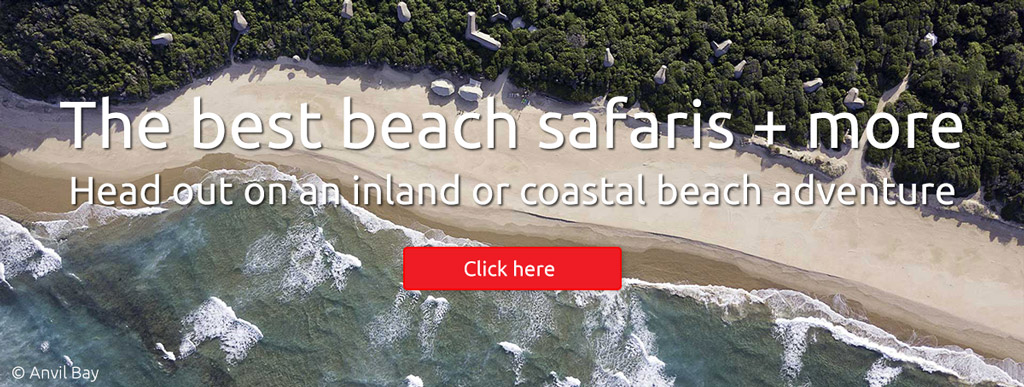
This is a copy of our weekly email newsletter. Subscribe here to receive the newsletter.
Tuskers death toll reaches 5 + breathtaking photos

FIVE. The death toll of giant Amboseli elephants by trophy hunting in recent months has risen to 5. These icons are protected against hunting in Kenya but not when they wander across the border into Tanzania.
In what can best be described as eco-sabotage, a small but influential cabal of Tanzanian trophy-hunting operators are driving their industry over a cliff. These morally bankrupt individuals have one goal in mind – loads of cash – and have enough clients slobbering at the mouth to bag one of the last 100-pounders before they are either protected or extinct.
Numerous trophy hunters have contacted us to express their concerns, but few have spoken out with any conviction against the rotten eggs in their industry. And there are enough ethical hunters in the online forums we monitor to stop the rot. But none of them go beyond a few words of concern.
The tourism industry, too, remains largely silent. A leading entity representing many of us – tour operators and lodges – refused to publish to their members our concern about the situation. Are we the only high-profile tourism brand prepared to speak out publicly?
Obviously, boycotting Tanzania’s tourism industry would be disastrous. That route would weaken tourism and make trophy hunting more important as a revenue generator. What we need is for more members of the tourism and broader hunting industries to stick their necks out and demand an end to this attack by a few delinquent trophy-hunting operators on the remaining tusker population across Africa.
History will judge our generation for not taking decisive action against the evil ones.

Simon Espley – CEO, Africa Geographic
From our Editor – Taryn van Jaarsveld

In non-human primates, aggression is often used to maintain social order (quite the opposite of its effects in human society).
Chimpanzees have a reputation as the most aggressive of the apes – often resorting to lethal violence. But bonobos – our close relatives – were long thought of as the mellow peacemakers of the animal kingdom. But did you know that bonobos are actually quite aggressive – perhaps even more so than notoriously forceful chimps?
Researchers studying bonobos in the Democratic Republic of Congo and chimpanzees in Tanzania compared male behaviour in both species and found that acts of aggression – such as hitting, biting and chasing – were more common in bonobos. Aggressive bonobos were also more successful in mating. But, other academics have suggested that comparing aggressive behaviour in the two species is not fair, as chimpanzees are known to kill, while bonobos are not. At least the bonobos have one up on humans in that respect.
Speaking of… don’t miss our update on the trophy hunting of ANOTHER two large tuskers along the Tanzania/Kenya border below. Also, check out the important report on the state of Africa’s migratory animals, and this week’s breathtaking Photographer of the Year gallery.

Story 1
https://africageographic.com/stories/amboseli-super-tuskers-down-to-10-as-trophy-hunters-operate-in-stealth-mode/
5 TUSKERS DOWN
Two more elephants have been trophy hunted in Tanzania near the Kenyan border – threatening Amboseli’s dwindling tusker population. Read our update here
Story 2
https://africageographic.com/stories/africas-migratory-animals-under-threat/
AFRICA’S MIGRATORY ANIMALS
UN report: Africa’s migratory animals – from wildebeest & birds to dugongs & whales – are under threat due to habitat loss and climate change
Story 3
https://africageographic.com/stories/photographer-of-the-year-2024-weekly-selection-week-6/
BREATHTAKING PHOTOS
Our Week 6 gallery for Photographer of the Year 2024 is here, and we’ve received some stunning pics. Check out our selection of the week’s best photos
 TRAVEL DESK:
TRAVEL DESK:
Longing for an adventure? These classic safaris will take you to the centre of the wildlife action:

Photographer of the Year 2024
Have you submitted your entry for Photographer of the Year 2024? There is just ONE MONTH LEFT to get your entries in. Visit our website for all you need to know, from how and where to enter, to our competition rules and the epic prizes on offer – including a conservation safari and a lion research collar sponsored in your name. Don’t miss your chance to become the next Africa Geographic Photographer of the Year!

 WATCH: Akagera National Park, Rwanda, is home to Central Africa’s largest protected wetland, consisting of a complex system of lakes linked by papyrus-lined swamps. In the remote north of the park, you will find Karenge Bush Camp, perched on a ridge overlooking the wildlife-rich Kilala Plains below. Karenge is an off-the-grid getaway for safari enthusiasts seeking privacy and solitude. (06:31) Click here to watch
WATCH: Akagera National Park, Rwanda, is home to Central Africa’s largest protected wetland, consisting of a complex system of lakes linked by papyrus-lined swamps. In the remote north of the park, you will find Karenge Bush Camp, perched on a ridge overlooking the wildlife-rich Kilala Plains below. Karenge is an off-the-grid getaway for safari enthusiasts seeking privacy and solitude. (06:31) Click here to watch
For more videos celebrating Africa, check out our videos here
To comment on this story: Login (or sign up) to our app here - it's a troll-free safe place 🙂.![]()






